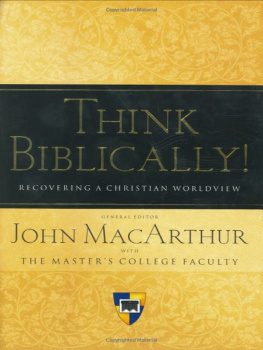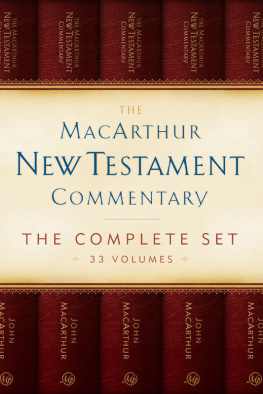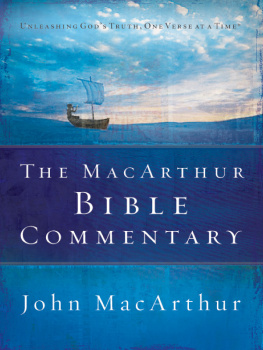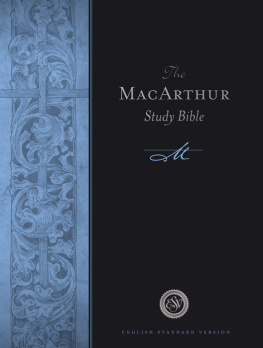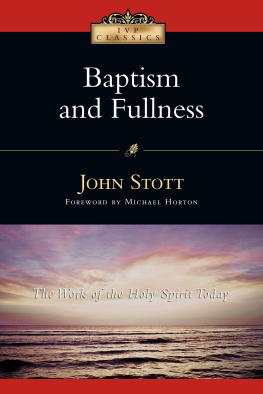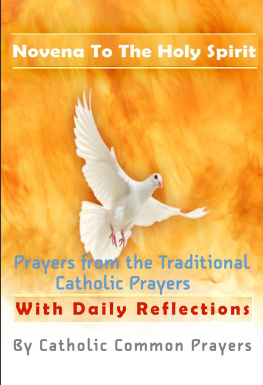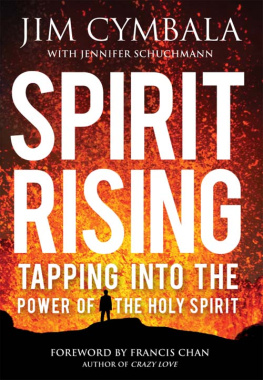THE SILENT SHEPHERD
Published by David C Cook
4050 Lee Vance View
Colorado Springs, CO 80918 U.S.A.
David C Cook Distribution Canada
55 Woodslee Avenue, Paris, Ontario, Canada N3L 3E5
David C Cook U.K., Kingsway Communications
Eastbourne, East Sussex BN23 6NT, England
The graphic circle C logo is a registered trademark of David C Cook.
All rights reserved. Except for brief excerpts for review purposes,
no part of this book may be reproduced or used in any form
without written permission from the publisher.
Unless otherwise noted, Scripture quotations are taken from the New American Standard Bible , Copyright 1960, 1995 by The Lockman Foundation. Used by permission. Scripture quotations marked KJV are taken from the King James Version of the Bible. (Public Domain); NIV are taken from the Holy Bible, New International Version, NIV. Copyright 1973, 1978, 1984 by Biblica, Inc. Used by permission of Zondervan. All rights reserved worldwide. www.zondervan.com; and NKJV are taken from the New King James Version. Copyright 1982 by Thomas Nelson, Inc. Used by permission. All rights reserved. The author has added italics to Scripture quotations for emphasis.
LCCN 2011942709
ISBN 978-0-7814-0673-4
eISBN 978-1-4347-0485-6
1996, 2012 John MacArthur
First edition published by Victor Books in 1996
John MacArthur, ISBN 1-56476-579-2.
The Team: Alex Field, Amy Konyndyk, Jack Campbell, Karen Athen
Cover Design: Nick Lee
Cover Photo: Shutterstock
Second Edition 2012
CONTENTS
. The Silent Shepherd: A Primer
. The Spirit in the Old Testament
. The Spirit of Life: The New Covenant
. The Spirit of Transformation and Hope
. The Promised Spirit: A Complete Arrival
. The Silent Shepherd at Work for Us
. A Scriptural Path for the Spiritual Walk
. Realizing Our Full Potentialin the Spirit
INTRODUCTION
Two errors regarding the doctrine of the Holy Spirit have clouded the contemporary churchs understanding of His person and ministry. On the one hand, the charismatic movement is obsessed with the Holy Spirit, tending to focus all doctrine and worship on Him exclusively. The danger with an undue stress on the gifts and leading of the Holy Spirit is that personal experience is often elevated over the objective truth of Scripture. On the other hand, many non-charismatics tend to ignore the Holy Spirit altogether. Perhaps weary of the controversy, confusion, and subjectivity of the charismatic movement, too many have responded by going to the opposite extreme. They simply avoid the Holy Spirit in their teaching and study. On top of that, popular evangelicalism as a whole has shifted in recent generations from God-centered ministry to a man-centered approach. Pragmatism rules. The churches are run as businesses. The gospel is often viewed as a product for marketing. Spiritual problems are dealt with by psychological means. In short, man-centered ministry virtually operates as if the Holy Spirit were unnecessary.
Both errors are spiritually debilitating. If we misunderstand the role of the Holy Spirit, or if we ignore the Spirit altogether, how can we comprehend what it is to walk in the Spirit?
Paul chided the Galatians for their lack of dependence on the Holy Spirit: Are you so foolish? Having begun by the Spirit, are you now being perfected by the flesh? (Gal. 3:3). As that verse suggests, the Holy Spirits role is crucial in bringing us to salvation, in empowering us to live our lives in Christ, and in bringing us to ultimate perfection in glory. In other words, the Spirits work is essential throughout the entire scope of the Christians experience. Every aspect of Christian living is governed and empowered by the Holy Spirit. We can ill afford either to misconstrue or ignore His role. To do so is to short-circuit our sanctification. That is exactly what happens when believers turn to legalism, charismatic mysticism, and psychology, as they have today.
Concerning the Holy Spirits vital position in the life of the church, Charles Ryrie wrote the following paragraph, which is as applicable now as it was in the 1960s:
The solution to the problems of the church today is to solve the individual Christians problems, and the solution to those problems is a Personthe Holy Spirit. He is the antidote for every error, the power for every weakness, the victory for every defeat, and the answer for every need. And He is available to every believer, for He lives in his heart and life. The answer and the power have already been given us in the indwelling Holy Spirit.
Unfortunately, such realities have not been fully taken to heart by twenty-first-century Christians. While believers think of Christ as the Good Shepherd (John 10), they rarely see the Holy Spirit as fulfilling a shepherding role. But 1 John 3:24 says, The one who keeps His commandments abides in Him, and He in him. We know by this that He abides in us, by the Spirit whom He has given us. The apostle is speaking of Christs indwelling, which is made known to us by the Holy Spirit (John 14:1720). It is therefore reasonable to see the Spirit working with Christ in shepherding usever present to encourage us, guide us, enlighten us in all spiritual truth, and to empower us for every good work (John 14:16, 2627; 16:13). Hence, I have titled this book The Silent Shepherd , which implies the quiet, behind-the-scenes, but nevertheless present ministry of the Holy Spirit.
Too many Christians are searching futilely for answers to needless questions. They flock to seminars, devour popular Christian books, visit counselors, seek the latest fad for successful Christian living, or pursue the current ecstatic experience to discover the secret of abundant life in Christ. But I contend that the key to such living is not a secret. Nor is it a mystery. Scripture contains all the information we will ever need for living fruitful, successful lives. Our problem is not a lack of information, nor a deficiency in spiritual experience. Our problem is that we do not rely sufficiently on the ministry of the Spirit and allow Him to apply the truth with power in our lives. All the seminars and counselors and deeper-life schemes can actually turn out to be counterproductive, since a false means of sanctification is an impotent counterfeit.
I trust that a new look at those scriptural truths will encourage us to apply the Holy Spirits resources. We will begin with a review of the basic doctrine of the Holy Spirit. Chapter 1 covers what the Bible teaches about the personality, deity, and works of the Holy Spirit. It also examines the various ways the Holy Spirit is depicted in Scripture.
Another aspect of the Holy Spirits ministry that is in great need of clarification is His role during the Old Testament period. Over the centuries Christians have tended to give most of their attention to the Spirit in the New Testament. As a result, the church has not always had a good grasp on the significance of the Spirits role in old covenant people and events. In chapter 2 we will indicate that the Holy Spirit operated in five categories during Old Testament times: in creation, in the empowerment of individuals, in the revelation of Gods Word, in the regeneration of individuals, and in the sanctification of believers. The Spirits activity in the Old Testament provides the foundation for understanding His enhanced role under the new covenant. Such an understanding requires insight into the superiorities of the new covenant itself, which are discussed in chapters 3 and 4.
The fullness of the Holy Spirit in the greater excellence of the new covenant is further underscored by Jesus promise to His disciples at the very end of His earthly ministry, just prior to His ascension:
Gathering them together, He commanded them not to leave Jerusalem, but to wait for what the Father had promised, Which, He said, you heard of from Me; for John baptized with water, but you will be baptized with the Holy Spirit not many days from now. (Acts 1:45)
Next page


